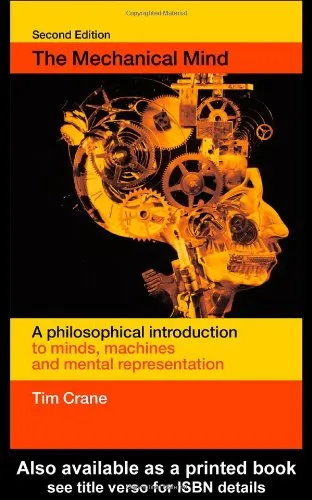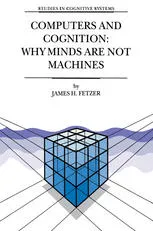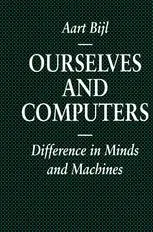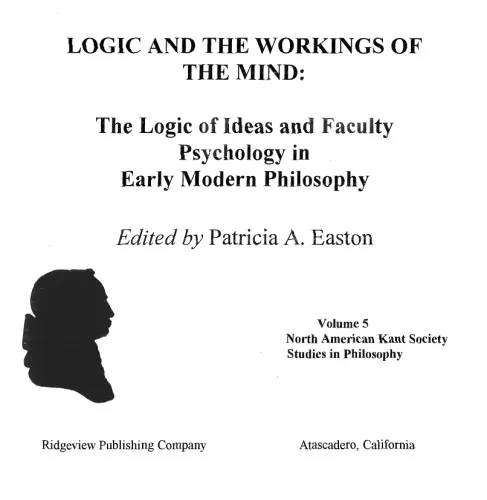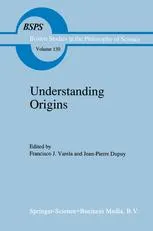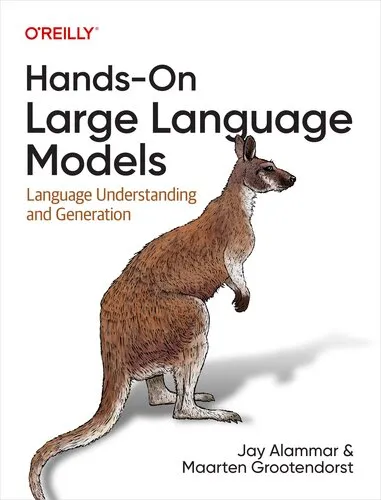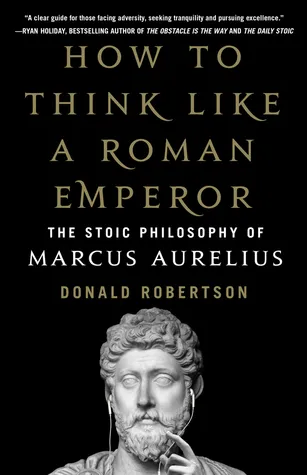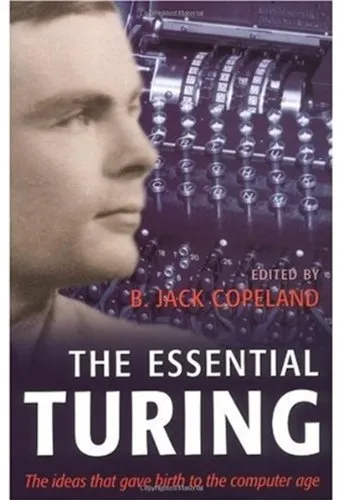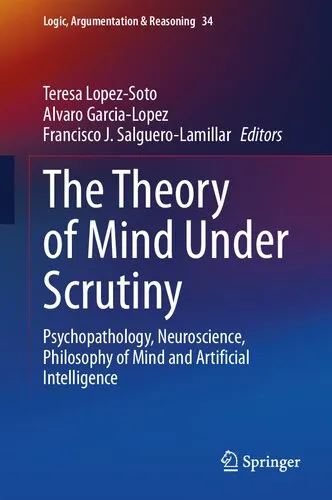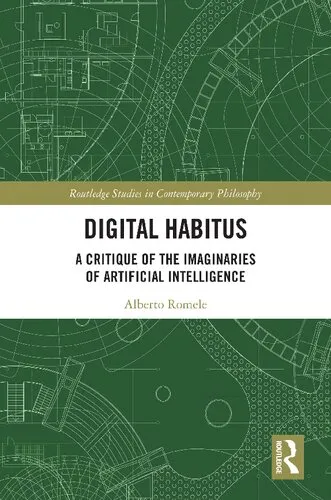The Mechanical Mind: A Philosophical Introduction to Minds, Machines and Mental Representation
3.7
Reviews from our users

You Can Ask your questions from this book's AI after Login
Each download or ask from book AI costs 2 points. To earn more free points, please visit the Points Guide Page and complete some valuable actions.Related Refrences:
Persian Summary
Welcome to a profound exploration of how our understanding of the human mind intersects with the ever-evolving world of machines. “The Mechanical Mind: A Philosophical Introduction to Minds, Machines and Mental Representation” dives into the core of philosophical thinking applied to cognitive science and artificial intelligence. In a rapidly changing technological world, this book serves as a timely, thought-provoking guide.
Detailed Summary of the Book
This book provides a foundational examination of the philosophical issues surrounding cognitive science and artificial intelligence. It begins by tracing the historical context of these fields, emphasizing key philosophical questions about what it means to think and how thinking might be replicated in machines. Throughout its chapters, the book tackles the complexities of language, representation, and consciousness, offering insights into how machines might "understand" or model these human attributes.
“The Mechanical Mind” delves into theories of mental representation, including symbolic models and connectionist approaches. It questions whether human cognitive processes can be effectively simulated by computational methods, drawing on classic philosophical problems such as the mind-body dilemma and dualism. By interlinking these philosophical inquiries with practical developments in artificial intelligence, the book sheds light on the possibilities and limitations of machine minds.
Key Takeaways
- Understanding the philosophical basis of mental representation is crucial for advancing cognitive science.
- The book examines whether machines can genuinely think or merely simulate human cognitive abilities.
- A critical analysis of symbolic versus connectionist models provides a richer comprehension of cognitive theory and its applications.
- Reflection on the ethical implications of artificial intelligence is woven throughout, urging consideration of AI’s impact on society.
Famous Quotes from the Book
Here are some reflective quotations that encapsulate key ideas from the book:
"The challenge is not just to build machines that think, but to understand what thinking itself requires."
"In exploring the mechanical mind, we are forced to question the assumptions about our own cognitive processes."
Why This Book Matters
As technology evolves and artificial intelligence becomes ever more embedded in daily life, understanding the philosophical implications is vital. This book offers significant insights to both laymen and experts interested in the intersection of cognition, technology, and ethics. It is academically rigorous yet accessible, encouraging critical thinking around the nature of intelligence, autonomy, and what it means to be human.
Furthermore, the book's relevance extends beyond academic circles; as AI systems increasingly influence diverse areas such as healthcare, law, and military operations, "The Mechanical Mind" serves as an essential resource for informed discussion on these critical societal shifts. By drawing upon philosophical, psychological, and computational intersections, the book invites readers to participate in one of the most important debates of our time regarding the future of human-machine integration.
Free Direct Download
You Can Download this book after Login
Accessing books through legal platforms and public libraries not only supports the rights of authors and publishers but also contributes to the sustainability of reading culture. Before downloading, please take a moment to consider these options.
Find this book on other platforms:
WorldCat helps you find books in libraries worldwide.
See ratings, reviews, and discussions on Goodreads.
Find and buy rare or used books on AbeBooks.
